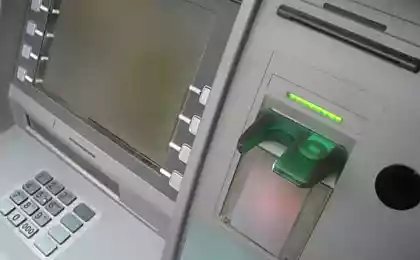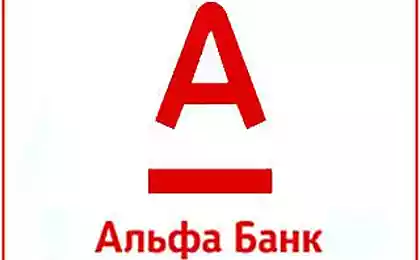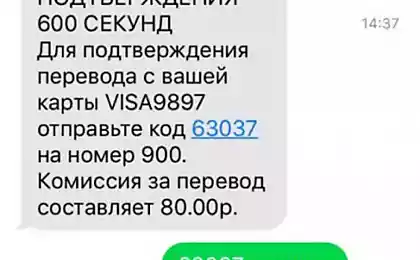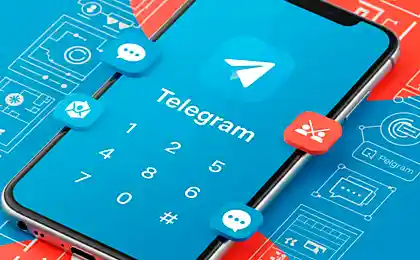403
How to understand that scammers are calling without even picking up the phone, but just by looking at the number
It would seem: this is the 21st century, and you won’t surprise either your grandparents with a smartphone. This device has finally entered our lives, and it is already difficult to imagine communication without it. Unfortunately, not only you and I understand this, but also scammers. Therefore, you should not be surprised and ask why you don’t pick up the phone from those you called from an unknown number. There are 1000 and one reasons for this! Read our article about why it is better to ignore suspicious numbers and how to avoid being scammed.
Now some readers will think that all this is not about them. That all kinds of speculators will definitely not be able to fool them around their finger. Unfortunately, official figures say otherwise. In Russia alone, over the past year, deceivers, using various instruments of psychological influence, were able to loot 14 billion rubles . 50% of these dirty transactions were carried out through telephone calls. And every year this figure is growing. So let's not give attackers a chance.
“Why don’t you pick up the phone?!”: popular schemes for deception by phone
Unsplash Forewarned is forearmed. First of all, we suggest that you familiarize yourself with the most popular tricks that robbers resort to. Reading about them in a calm environment, you will decide that only a stupid person would fall for something like this. But that's not true. Remember that almost all fraudulent transactions are carried out while the person is in a state of shock . And while the interlocutor has not come to his senses, while panic is at work, overshadowing critical thinking, the money is already being sent to the account of vile deceivers.
You got a call from the bank They may indeed call you from the bank, but, as a rule, such calls are needed for the monitoring system. Bank employees may conduct a survey about whether you are satisfied with their services, but they certainly will not require you to transfer money to another account or provide “lost data.” Fraudsters may scare you with information that the bank's system has been hacked and your savings are at risk. Or, for example, that they have received a request to take out a loan in your name .
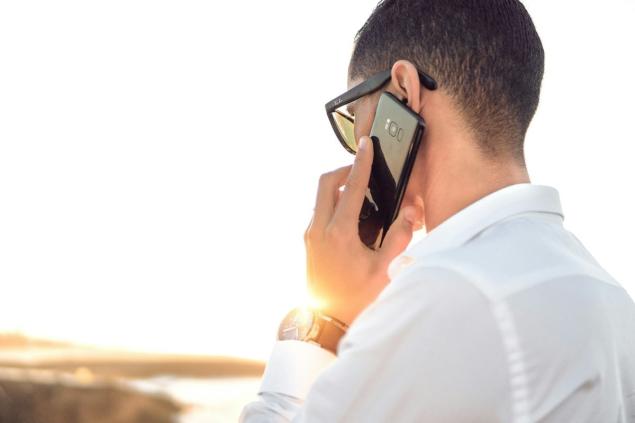
Unsplash No matter what the polite voice on the other side of the phone tells you, remember: if the bank called you, then you can call the bank too. If something happens to your account, it's easy to check. Call the bank’s hotline yourself and clarify all the details. By the way, such problems are resolved personally, and if something happens, you need to go to the company’s branch. There can be no talk of any hasty translations.
Something happened to your relative. Sometimes cunning people introduce themselves as employees of special services (such as the police or the Ministry of Emergency Situations). This type of deception, unfortunately, has the greatest success. After all, only in a nightmare can you dream that some kind of misfortune has happened to someone close to you. The scarier the story, the faster the interlocutor’s panic turns on and critical thinking turns off. Most are willing to do anything to help a brother, sister, friend or parent. An urgent transfer of funds for an operation is nothing more than a vile deception.

There are also very scary schemes. Fraudsters, realizing that no one will simply believe them, take a long time to select a victim. They steal the unfortunate man’s phone, and then call his relatives , providing the following information: we have your man, we demand a ransom. And by the time your loved one gets to you or calls you to report that they have lost their phone, the robbers will already have the money. This is especially dangerous with relatives from other cities.
You must pay a fine. Did you speed somewhere? Let's draw up a protocol! Very convenient - over the phone. They may also lie to you that if you pay the fine faster , it will be less. By the way, such a law actually exists - for example, in Ukraine for an illegally parked car. The discount is 50% if you pay the fine within the first 24 hours.
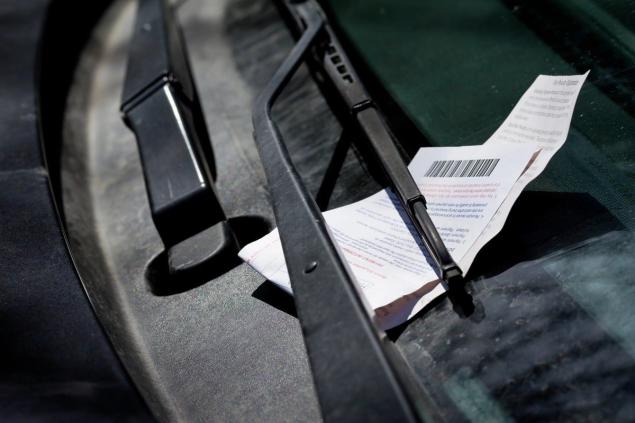
If a fraudster has an impressive, threatening voice and skillfully pretends to be an intelligence officer (introducing himself by indicating his rank, using terms and paragraphs of the constitution), even a sane person can lose his nerve.
These are popular schemes, but not all. And we don’t even take into account such things as electronic fraud, spam and hacking of social networks, when money is demanded from your friends directly from your account, on your behalf. But today it’s better to talk about which calls to take and which ones to ignore.
You have won prize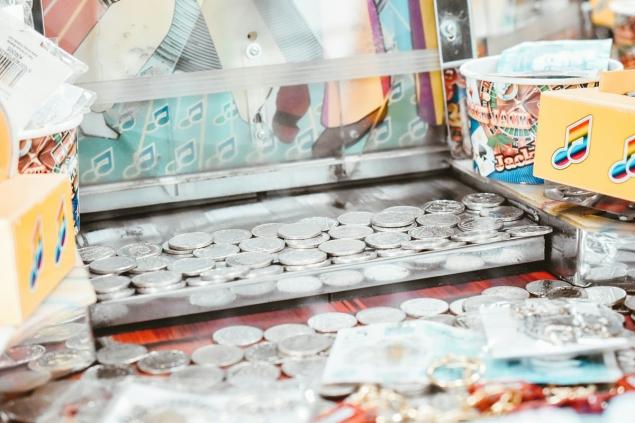
Unsplash Not only fear, but also the thirst for wealth sometimes interferes with thinking logically. The situation is as follows: robbers inform you of an unprecedented prize that you won by buying some magazine or being a client of some large enterprise. To get it, you just need to pay a tax fee . Let's say this amount is only 1 or 3 percent of the value of the prize. Having received the money, the attackers disappear from your life forever.
“Why don’t you pick up the phone?!”: how to understand that a scammer is calling Fraud is a serious problem, so some programming specialists have taken up solutions to it. Many mobile applications have appeared that will help you determine the number, who is calling you and from where. This function is available in Yandex, there is an application called “Truecaller Caller ID”, as well as “Antispam: Kaspersky Who Calls”. They can be added to one application group: caller IDs . If you don't have this, you'll have to use logical thinking before you even pick up the phone.

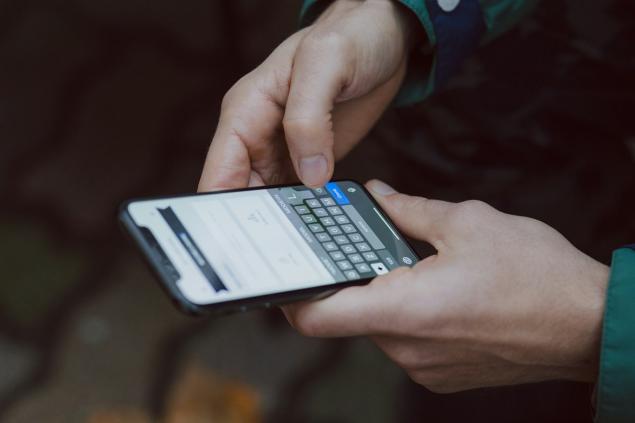
Unsplash
If you pick up the phone, and the unknown interlocutor hangs up after a couple of seconds, be careful. It is likely that you are on the hook, and the scammers were simply checking whether the number is working or not. Now they can call him to try to deceive him. Or send an SMS newsletter. Then they will ask why you don’t pick up the phone.
Recently, another type of deception has become popular. Now is wartime, and many families lack social benefits . This is exactly what scammers offer, requiring you to provide your card number in order to transfer money. Of course, this is a scam and your bank account is at risk. If in doubt, it is better to call the relevant services and find out.
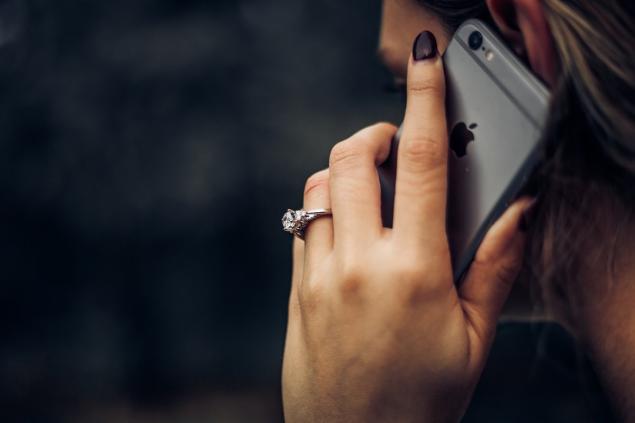
Unsplash Only 4.5% of the money scammed by criminals must be returned to your account. In other cases, these funds are lost forever. According to statistics, most often women become victims of scammers. Remember this the next time you see a call from an unfamiliar caller .
Now some readers will think that all this is not about them. That all kinds of speculators will definitely not be able to fool them around their finger. Unfortunately, official figures say otherwise. In Russia alone, over the past year, deceivers, using various instruments of psychological influence, were able to loot 14 billion rubles . 50% of these dirty transactions were carried out through telephone calls. And every year this figure is growing. So let's not give attackers a chance.
“Why don’t you pick up the phone?!”: popular schemes for deception by phone

Unsplash Forewarned is forearmed. First of all, we suggest that you familiarize yourself with the most popular tricks that robbers resort to. Reading about them in a calm environment, you will decide that only a stupid person would fall for something like this. But that's not true. Remember that almost all fraudulent transactions are carried out while the person is in a state of shock . And while the interlocutor has not come to his senses, while panic is at work, overshadowing critical thinking, the money is already being sent to the account of vile deceivers.
You got a call from the bank They may indeed call you from the bank, but, as a rule, such calls are needed for the monitoring system. Bank employees may conduct a survey about whether you are satisfied with their services, but they certainly will not require you to transfer money to another account or provide “lost data.” Fraudsters may scare you with information that the bank's system has been hacked and your savings are at risk. Or, for example, that they have received a request to take out a loan in your name .

Unsplash No matter what the polite voice on the other side of the phone tells you, remember: if the bank called you, then you can call the bank too. If something happens to your account, it's easy to check. Call the bank’s hotline yourself and clarify all the details. By the way, such problems are resolved personally, and if something happens, you need to go to the company’s branch. There can be no talk of any hasty translations.
Something happened to your relative. Sometimes cunning people introduce themselves as employees of special services (such as the police or the Ministry of Emergency Situations). This type of deception, unfortunately, has the greatest success. After all, only in a nightmare can you dream that some kind of misfortune has happened to someone close to you. The scarier the story, the faster the interlocutor’s panic turns on and critical thinking turns off. Most are willing to do anything to help a brother, sister, friend or parent. An urgent transfer of funds for an operation is nothing more than a vile deception.

There are also very scary schemes. Fraudsters, realizing that no one will simply believe them, take a long time to select a victim. They steal the unfortunate man’s phone, and then call his relatives , providing the following information: we have your man, we demand a ransom. And by the time your loved one gets to you or calls you to report that they have lost their phone, the robbers will already have the money. This is especially dangerous with relatives from other cities.
You must pay a fine. Did you speed somewhere? Let's draw up a protocol! Very convenient - over the phone. They may also lie to you that if you pay the fine faster , it will be less. By the way, such a law actually exists - for example, in Ukraine for an illegally parked car. The discount is 50% if you pay the fine within the first 24 hours.

If a fraudster has an impressive, threatening voice and skillfully pretends to be an intelligence officer (introducing himself by indicating his rank, using terms and paragraphs of the constitution), even a sane person can lose his nerve.
These are popular schemes, but not all. And we don’t even take into account such things as electronic fraud, spam and hacking of social networks, when money is demanded from your friends directly from your account, on your behalf. But today it’s better to talk about which calls to take and which ones to ignore.
You have won prize

Unsplash Not only fear, but also the thirst for wealth sometimes interferes with thinking logically. The situation is as follows: robbers inform you of an unprecedented prize that you won by buying some magazine or being a client of some large enterprise. To get it, you just need to pay a tax fee . Let's say this amount is only 1 or 3 percent of the value of the prize. Having received the money, the attackers disappear from your life forever.
“Why don’t you pick up the phone?!”: how to understand that a scammer is calling Fraud is a serious problem, so some programming specialists have taken up solutions to it. Many mobile applications have appeared that will help you determine the number, who is calling you and from where. This function is available in Yandex, there is an application called “Truecaller Caller ID”, as well as “Antispam: Kaspersky Who Calls”. They can be added to one application group: caller IDs . If you don't have this, you'll have to use logical thinking before you even pick up the phone.

- If the number is displayed as “hidden” , you should not pick up the phone right away. Red card. But if you are mentally prepared, you can try your luck. Since representatives of government agencies may have such a telephone number. The likelihood of receiving such a call is quite low.
- If the number is foreign, most likely it is also spam. With that rare exception, if you are not on any major Internet resources. Offices of various companies, especially trading ones, may well be located abroad .
- Numbers starting with 800 rarely belong to scammers. These are the official telephone numbers of government agencies, clinics and all those who can be called for free. Feel free to pick up the phone!

Unsplash
If you pick up the phone, and the unknown interlocutor hangs up after a couple of seconds, be careful. It is likely that you are on the hook, and the scammers were simply checking whether the number is working or not. Now they can call him to try to deceive him. Or send an SMS newsletter. Then they will ask why you don’t pick up the phone.
Recently, another type of deception has become popular. Now is wartime, and many families lack social benefits . This is exactly what scammers offer, requiring you to provide your card number in order to transfer money. Of course, this is a scam and your bank account is at risk. If in doubt, it is better to call the relevant services and find out.

Unsplash Only 4.5% of the money scammed by criminals must be returned to your account. In other cases, these funds are lost forever. According to statistics, most often women become victims of scammers. Remember this the next time you see a call from an unfamiliar caller .
My wife and I’s parents came to my birthday and presented me with a gift that we are still in shock about.
Our electrician friend told us how to significantly reduce electricity bills, a couple of important nuances





